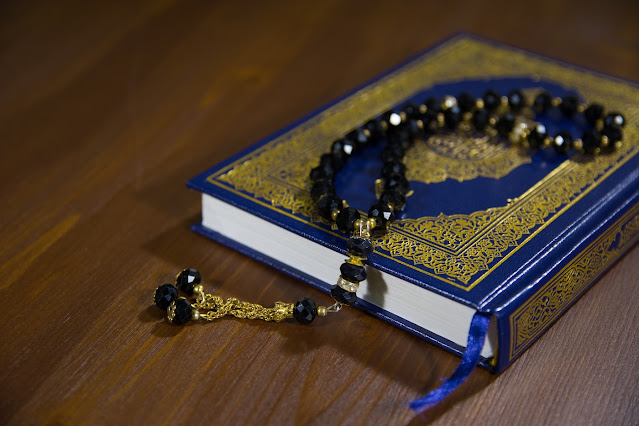The subject of Islamic history is intricate, spanning over a period of 1400 years. Islam originated in the Arabian Peninsula, specifically in Mecca where Prophet Muhammad was born in 570 CE. As an orphan, he was raised by his grandfather. At the age of 40, Prophet Muhammad began receiving revelations from Allah Almighty delivered by the Angel Gabriel. These revelations formed the basis of the divine message which Prophet Muhammad spread to people all over the world. The revelations were revealed to him over a length period of 23 years, and all of them were stored in the holy book of Islam, "The Quran". The Quran contains the teachings and guidance of Allah Almighty and is considered the final word of God sent for the guidance of people on Earth.
The teachings of the Quran and Hadiths continue to be a source of guidance for the practices and beliefs of all Muslims around the world. Prophet Muhammad is revered as a prophet, and his teachings had a significant impact on Islamic history. The early Islamic converts faced a series of difficulties from non-Muslims in Mecca. The biggest challenge they faced was persecution and social ostracism. Muslims faced physical, verbal, and even death for their beliefs. Furthermore, they were avoided by their families and friends for converting to Islam. This is because they saw Islam as a threat to their way of living, and those who converted to Islam became a severe danger to their tribe and culture. In Mecca, the best possible way of earning was through trading, but the merchant community boycotted the Muslims, making it far more difficult for them to earn a living. As a result, early Muslims faced harsh economic circumstances, and they were solely dependent on the generosity of other Muslims for survival.
Despite all these problems, the early Islamic converts remained steadfast in their faith. Without their perseverance, Islam would not have spread throughout Arabia and beyond. In 622, Prophet Muhammad and his followers were forced to leave Mecca. They migrated to Medina on the order of Allah, an event known as the Hijra. This also marks the beginning of the Islamic calendar. In Medina, the first Islamic state was created, headed by Prophet Muhammad himself. The non-Muslims who were envious of the Muslim growth within the suburbs of Medina started engaging them in a series of battles.
In 628, Muslims signed a treaty with the people of Mecca known as the "Treaty of Hudaybiyyah". The provisions of the treaty allowed for a specific number of Muslims to visit Mecca for the annual pilgrimage. The treaty resulted in a period of peace in which the Muslim community grew in strength. The conquest of Mecca marked an important event in Islamic history that occurred in 630. Mecca is the holiest city in Islam, accommodating the Kaaba, a holy sanctuary that Muslims face during prayers. Prophet Muhammad led an army of 10,000 Muslims to conquer the city. The Makkans were unprepared and surprised to see such a huge number of enemies, and as a result, the city surrendered without a fight. The city where Prophet Muhammad and his followers faced severe persecution fell into the hands of the believers. The Prophet proceeded to cleanse the idols in the Kaaba to make it a proper place for the worship of Allah. Moreover, the event sheds light on Prophet Muhammad's mercy and forgiveness towards his enemies, which is a great example for Muslims to follow.
After Prophet Muhammad's death in 632, the Muslim community was left without a successor. A council was held to elect a leader, and Hazrat Abu Bakr was chosen as the first Islamic caliph. This began the era of the "Rightly Guided Caliphs," under whose guidance the Islamic community expanded rapidly and conquered surrounding territories. During this time, many great mosques were constructed, including Masjid Al Haram in Mecca and Masjid Al Nabawi in Medina, which served as centers of worship and education for the Muslim community. Additionally, Caliph Uthman compiled the Quran into a single text, ensuring accurate transmission to future generations.
The caliphs established Islamic Shariah, a legal system that prescribed a detailed description of Muslim life. They also created new legal institutions and a system of justice for Muslims. Trade and commerce centers were established, leading to economic growth and prosperity in the Islamic empire. The caliphs were also known for their charitable works, including the establishment of public welfare programs to help the poor, orphans, and the Islamic community at large. Their teachings continue to serve as a source of guidance for Muslims around the world.

Comments
Post a Comment